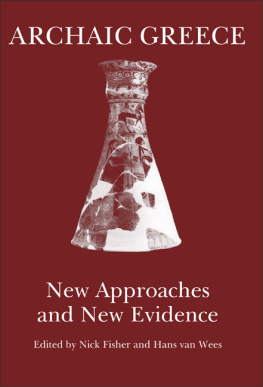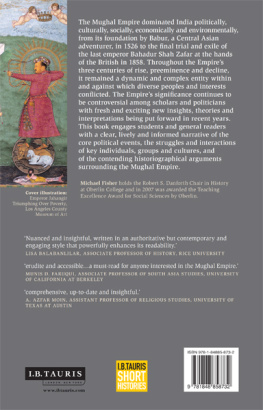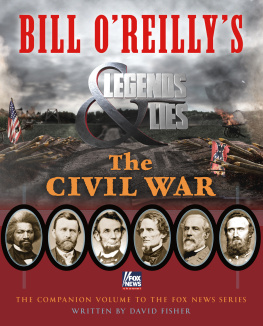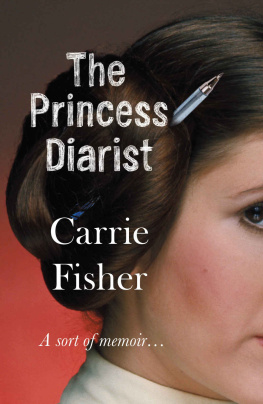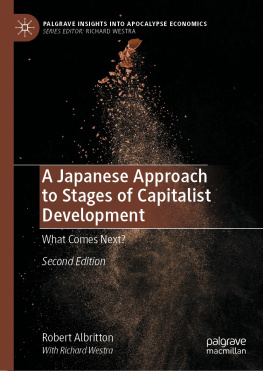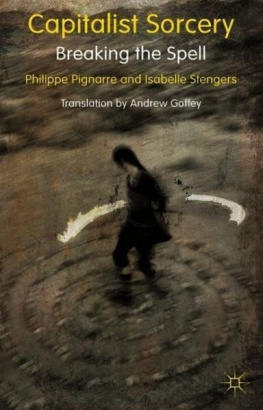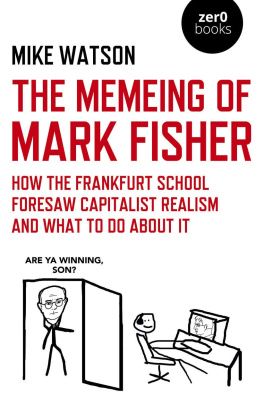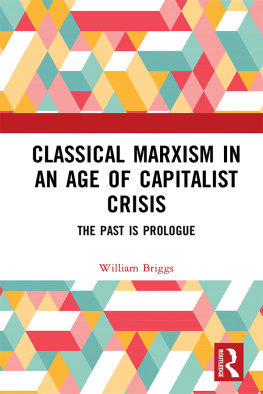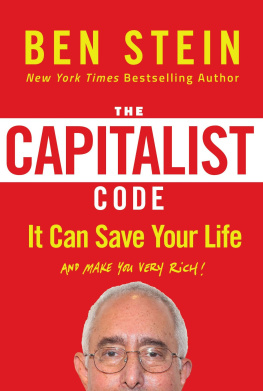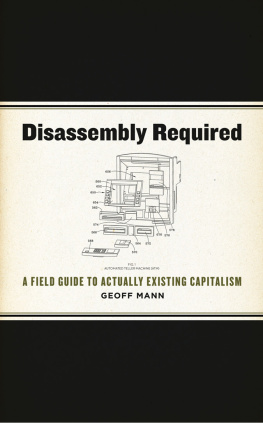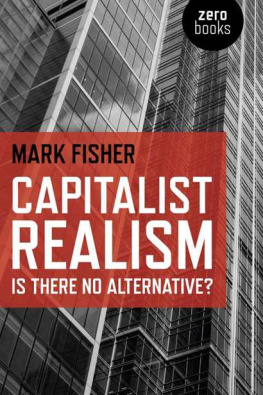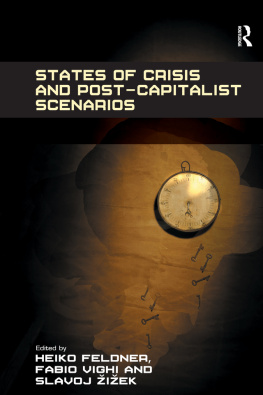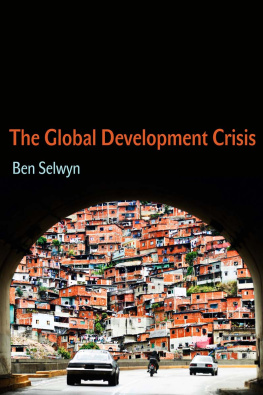Contemporary culture has eliminated both the concept of the public and the figure of the intellectual. Former public spaces - both physical and cultural - are now either derelict or colonized by advertising. A cretinous anti-intellectualism presides, cheerled by expensively educated hacks in the pay of multinational corporations who reassure their bored readers that there is no need to rouse themselves from their interpassive stupor. The informal censorship internalized and propagated by the cultural workers of late capitalism generates a banal conformity that the propaganda chiefs of Stalinism could only ever have dreamt of imposing. Zero Books knows that another kind of discourse - intellectual without being academic, popular without being populist - is not only possible: it is already flourishing, in the regions beyond the striplit malls of so-called mass media and the neurotically bureaucratic halls of the academy. Zero is committed to the idea of publishing as a making public of the intellectual. It is convinced that in the unthinking, blandly consensual culture in which we live, critical and engaged theoretical reflection is more important than ever before.
1
Its easier to imagine the end of the world than the end of capitalism
In one of the key scenes in Alfonso Cuarns 2006 film Children of Men, Clive Owens character, Theo, visits a friend at Battersea Power Station, which is now some combination of government building and private collection. Cultural treasures Michelangelos David, Picassos Guernica, Pink Floyds inflatable pig are preserved in a building that is itself a refurbished heritage artifact. This is our only glimpse into the lives of the elite, holed up against the effects of a catastrophe which has caused mass sterility: no children have been born for a generation. Theo asks the question, how all this can matter if there will be no-one to see it? The alibi can no longer be future generations, since there will be none. The response is nihilistic hedonism: I try not to think about it.
What is unique about the dystopia in Children of Men is that it is specific to late capitalism. This isnt the familiar totalitarian scenario routinely trotted out in cinematic dystopias (see, for example, James McTeigues 2005 V for Vendetta). In the PD. James novel on which the film is based, democracy is suspended and the country is ruled over by a self-appointed Warden, but, wisely, the film downplays all this. For all that we know, the authoritarian measures that are everywhere in place could have been implemented within a political structure that remains, notionally, democratic. The War on Terror has prepared us for such a development: the normalization of crisis produces a situation in which the repealing of measures brought in to deal with an emergency becomes unimaginable (when will the war be over?)
Watching Children of Men, we are inevitably reminded of the phrase attributed to Fredric Jameson and Slavoj iek, that it is easier to imagine the end of the world than it is to imagine the end of capitalism. That slogan captures precisely what I mean by capitalist realism: the widespread sense that not only is capitalism the only viable political and economic system, but also that it is now impossible even to imagine a coherent alternative to it. Once, dystopian films and novels were exercises in such acts of imagination the disasters they depicted acting as narrative pretext for the emergence of different ways of living. Not so in Children of Men. The world that it projects seems more like an extrapolation or exacerbation of ours than an alternative to it. In its world, as in ours, ultra-authoritarianism and Capital are by no means incompatible: internment camps and franchise coffee bars co-exist. In Children of Men, public space is abandoned, given over to uncollected garbage and stalking animals (one especially resonant scene takes place inside a derelict school, through which a deer runs). Neoliberals, the capitalist realists par excellence, have celebrated the destruction of public space but, contrary to their official hopes, there is no withering away of the state in Children of Men, only a stripping back of the state to its core military and police functions (I say official hopes since neoliberalism surreptitiously relied on the state even while it has ideologically excoriated it. This was made spectacularly clear during the banking crisis of 2008, when, at the invitation of neoliberal ideologues, the state rushed in to shore up the banking system.)
The catastrophe in Children of Men is neither waiting down the road, nor has it already happened. Rather, it is being lived through. There is no punctual moment of disaster; the world doesnt end with a bang, it winks out, unravels, gradually falls apart. What caused the catastrophe to occur, who knows; its cause lies long in the past, so absolutely detached from the present as to seem like the caprice of a malign being: a negative miracle, a malediction which no penitence can ameliorate. Such a blight can only be eased by an intervention that can no more be anticipated than was the onset of the curse in the first place. Action is pointless; only senseless hope makes sense. Superstition and religion, the first resorts of the helpless, proliferate.
But what of the catastrophe itself? It is evident that the theme of sterility must be read metaphorically, as the displacement of another kind of anxiety. I want to argue this anxiety cries out to be read in cultural terms, and the question the film poses is: how long can a culture persist without the new? What happens if the young are no longer capable of producing surprises?
Children of Men connects with the suspicion that the end has already come, the thought that it could well be the case that the future harbors only reiteration and re-permutation. Could it be that there are no breaks, no shocks of the new to come? Such anxieties tend to result in a bi-polar oscillation: the weak messianic hope that there must be something new on the way lapses into the morose conviction that nothing new can ever happen. The focus shifts from the Next Big Thing to the last big thing how long ago did it happen and just how big was it?
T.S. Eliot looms in the background of Children of Men, which, after all, inherits the theme of sterility from The Waste Land. The films closing epigraph shantih shantih shantih has more to do with Eliots fragmentary pieces than the Upanishads peace. Perhaps it is possible to see the concerns of another Eliot the Eliot of Tradition and the Individual Talent ciphered in Children of Men. It was in this essay that Eliot, in anticipation of Harold Bloom, described the reciprocal relationship between the canonical and the new. The new defines itself in response to what is already established; at the same time, the established has to reconfigure itself in response to the new. Eliots claim was that the exhaustion of the future does not even leave us with the past. Tradition counts for nothing when it is no longer contested and modified. A culture that is merely preserved is no culture at all. The fate of Picassos Guernica in the film once a howl of anguish and outrage against Fascist atrocities, now a wall-hanging is exemplary. Like its Battersea hanging space in the film, the painting is accorded iconic status only when it is deprived of any possible function or context. No cultural object can retain its power when there are no longer new eyes to see it.
We do not need to wait for Children of Mens near-future to arrive to see this transformation of culture into museum pieces. The power of capitalist realism derives in part from the way that capitalism subsumes and consumes all of previous history: one effect of its system of equivalence which can assign all cultural objects, whether they are religious iconography, pornography, or
Next page

